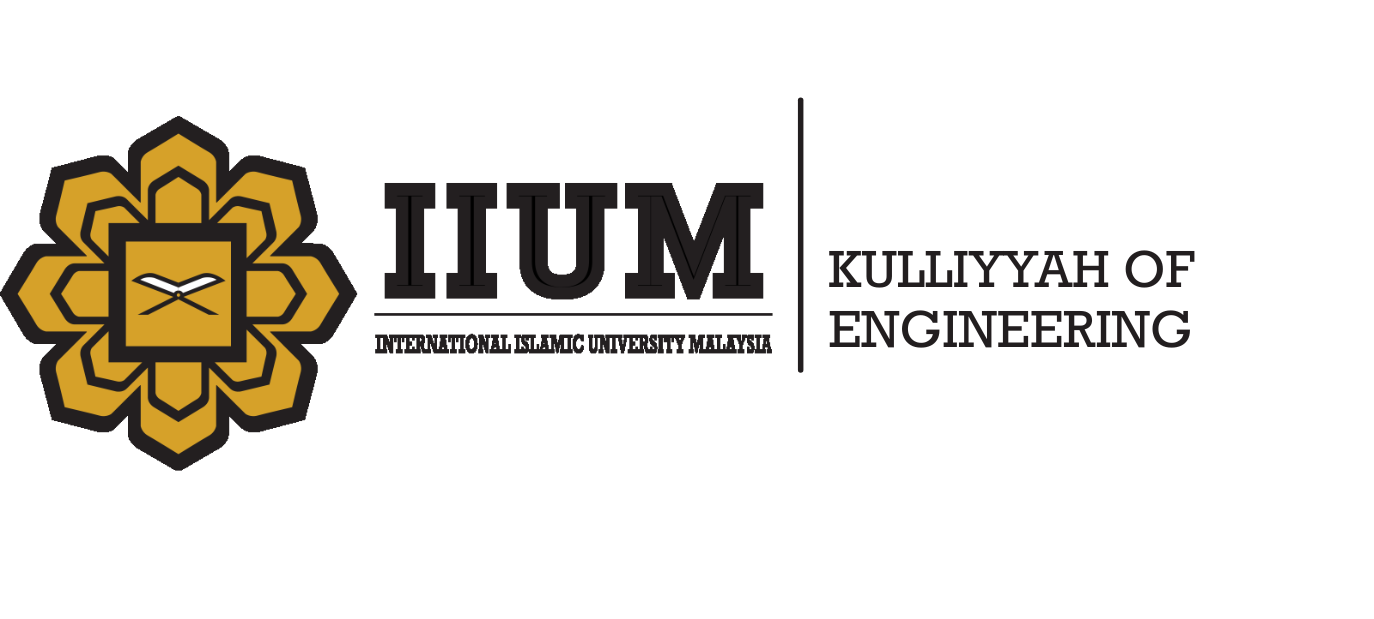IIUM Vision Statement
The University aims at becoming a leading international centre of educational excellence which seeks to restore the dynamic and progressive role of the Muslim Ummah in all branches of knowledge and intellectual discourse.
IIUM Mission Statement
Towards actualizing the University’s vision, IIUM endeavours seven missions that are:
To undertake the special and greatly needed task of reforming the contemporary Muslim mentality and integrating Islamic Revealed Knowledge and Human Sciences in a positive manner.
To produce better quality intellectuals, professionals and scholars by integrating the qualities of faith (iman), knowledge (`ilm), and good character (akhlaq) to serve as agents of comprehensive and balanced progress as well as sustainable development in Malaysia and in the Muslim world.
To foster the Islamicisation of the ethics of Muslim academic and administrative staff of IIUM, and certain aspects of human knowledge – particularly in the social sciences and humanities – with the view to making them more useful and more relevant to the Muslim Ummah.
To nurture the quality of holistic excellence which is imbued with Islamic moral-spiritual values, in the process of learning, teaching, research, consultancy, publication, administration and student life.
To exemplify an international community of dedicated intellectuals, scholars, professionals, officers and workers who are motivated by the Islamic world-view and code of ethics as an integral part of their work culture.
To enhance intercultural understanding and foster civilization dialogues in Malaysia as well as across communities and nations.
To develop an environment that instills commitment for life-long learning and a deep sense of social responsibility among staff and students.

